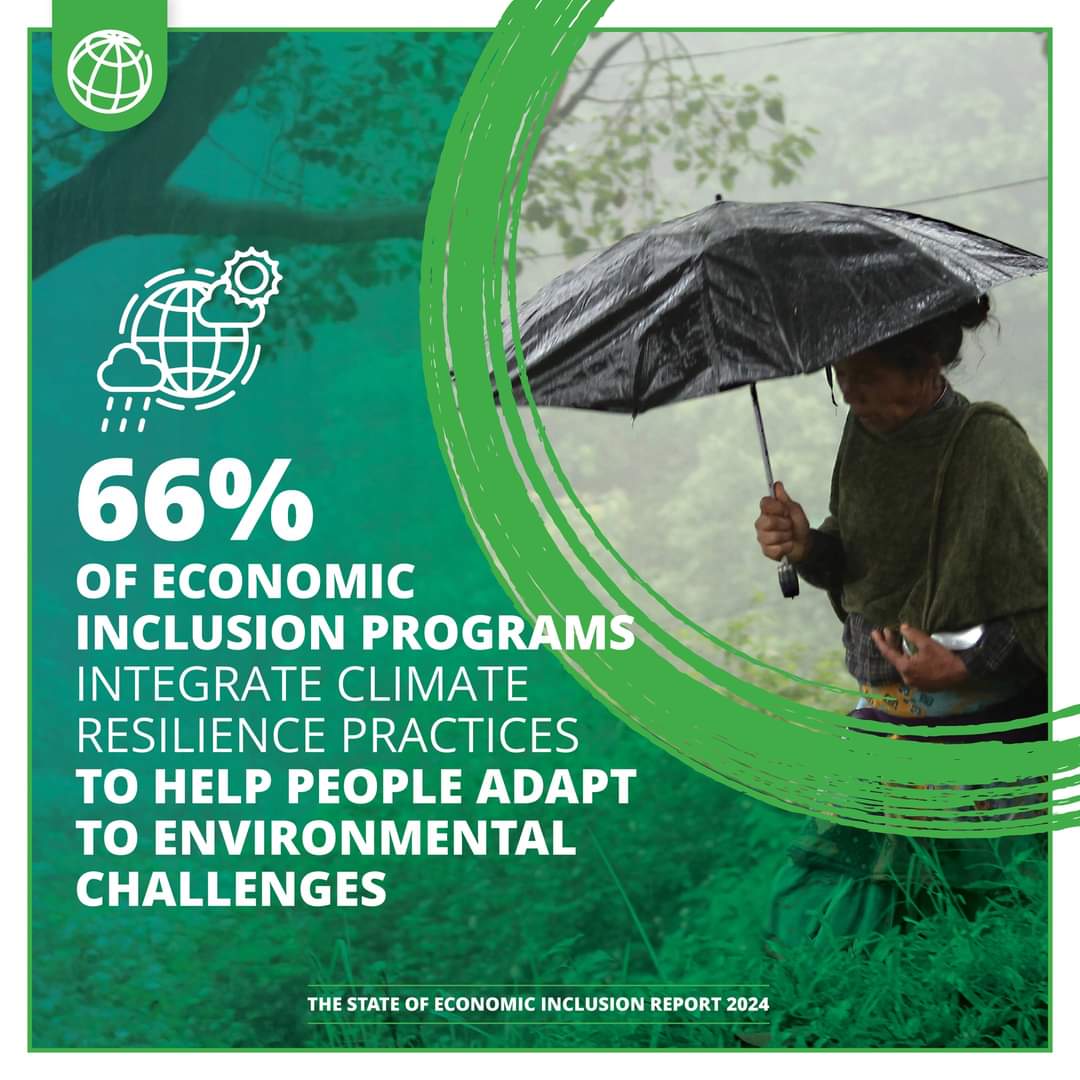Pokhara, November 28, 2024
Climate resilience is fast becoming a critical tool in the fight against poverty, as highlighted by a new report from the World Bank. According to the report, 66% of Economic Inclusion programs worldwide are now incorporating innovative strategies to help communities adapt to the mounting challenges posed by climate change.
These programs, aimed at reducing poverty and empowering vulnerable populations, are increasingly adopting climate-smart approaches. Notable innovations include climate-smart farming practices, which boost agricultural productivity while safeguarding the environment, and risk insurance mechanisms designed to protect livelihoods from climate-related shocks.
The report underscores how these measures not only mitigate the adverse impacts of climate change but also create opportunities for economic growth and resilience among at-risk populations. By integrating climate adaptation strategies into poverty alleviation programs, countries are paving the way for more sustainable and inclusive development.
The findings reflect a significant shift in how governments, organizations, and communities address intertwined challenges of poverty and climate change. Programs that focus on economic inclusion now recognize the importance of equipping communities with tools and knowledge to combat environmental and economic vulnerabilities simultaneously.
This report serves as a call to action for policymakers, urging them to prioritize climate resilience as a fundamental component of development planning. As global temperatures continue to rise, innovative and adaptive approaches such as those highlighted in the report will be instrumental in building a more equitable and sustainable future.
For more information, read the full World Bank report here: World Bank Climate Resilience Report.